Djibouti. Conflicts of Interest.
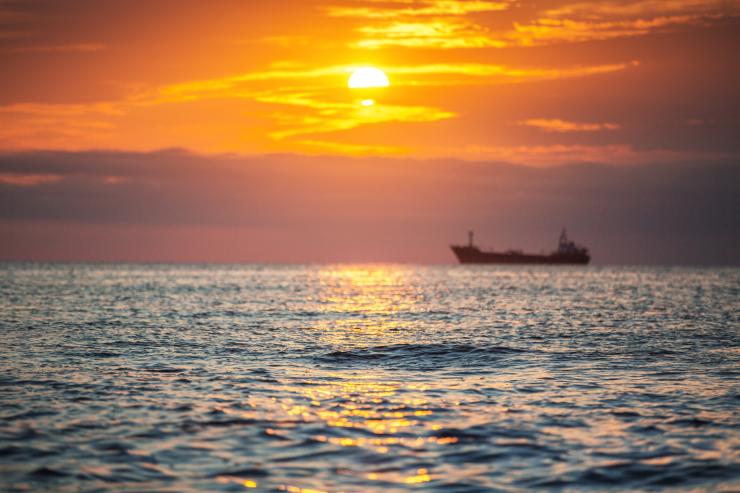
The country is closely watching the ongoing tensions in the Red Sea and the Gulf of Aden. The small barracks state, dealing with a cumbersome tenant like the USA, risks losing its centrality due to the memorandum of understanding between Ethiopia and Somaliland.
If there is a man who has been touching the hot issues concerning the Red Sea and the Horn of Africa for weeks, it is the president of Djibouti, Ismail Omar Guelleh. From the Camp Lemonnier base, the United States conducts attacks in response to the incursions of the Yemeni Houthi rebels in the Red Sea.
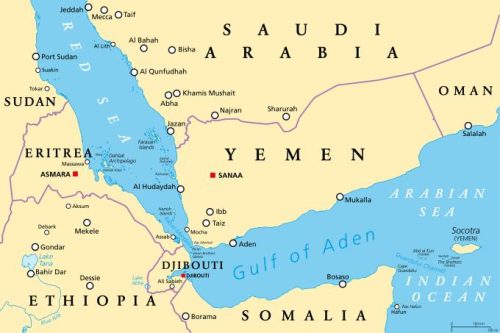
map: 123rf
A former base of the French Foreign Legion, Camp Lemonnier is a strategic outpost for Africom, the US African Command. Opposite is the strategic Strait of Bab el-Mandeb, where 9% of maritime trade in petroleum products transits.About a hundred miles away is the southwestern Yemeni coast controlled by the Houthis. The headquarters of the Combined Joint Task Force-Horn of Africa is located here. There are approximately 4 thousand units deployed. About ten kilometres to the southwest is the Chabelley airfield, from where F15E fighter bombers take off and Predator MQ-9 Reaper drones take to the skies.
To protect the area, the US has deployed the MIM-104 Patriot tactical defence missile system.
The USA, a Cumbersome Tenant
President Guelleh is struggling to carve out margins of autonomy in relations with this cumbersome tenant. For the time being, Washington has been denied the ability to deploy missile launch systems. Despite being part of Task Force 153, whose objective is to guarantee maritime security in the Red Sea and the Gulf of Aden, Djibouti did not join Operation Prosperity Guardian, activated by Washington in mid-December and supported on the front line by the United Kingdom to neutralise Houthi attacks and defuse the Iranian response to Israel’s military escalation in the Gaza Strip.
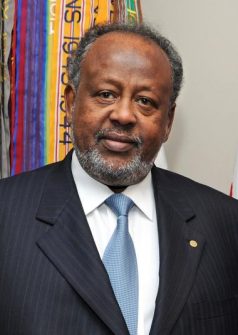
President of Djibouti, Ismail Omar Guelleh. Photo: US/ Robert D. Ward
For the moment the only defence measure activated by the Horn of Africa country has been the intensification of patrols by its coastguard to monitor the trade routes that pass near its coasts. Djibouti took an independent position on the Israeli-Palestinian crisis, requesting last November – together with South Africa, Bangladesh, Bolivia and Comoros – the launch of an investigation “on the situation in the state
of Palestine” at the
International Court of Justice.
Relations with Ethiopia and Somaliland
As president of IGAD (the intergovernmental authority for the development of the countries of the Horn of Africa) until next June, Guelleh is trying to highlight the role of mediator of his small barracks state in the various tensions that permeate the region. In the most delicate game, that of the normalisation of relations between Somalia and Somaliland, he was however caught off guard. A few days after receiving the respective presidents, Hassan Sheikh Mohamoud and Muse Bihi Abdi, in Djibouti to relaunch the talks that had been stuck since 2020, Guelleh witnessed helplessly the signing of the memorandum of understanding between Abdi himself and the Ethiopian Prime Minister Abiy Ahmed, which gives Addis Ababa commercial access to the Gulf of Aden through the port of Berbera, managed by the Emirates giant DP World, and 20 kilometres of coastline in exchange for the recognition of Somaliland as an independent state.
With the creation of a direct corridor between Addis Ababa and Berbera, through Hargeisa and Jijiga, Djibouti now risks seeing heavily reduced revenues from Ethiopian import-export which until now transited towards the Gulf of Aden mainly through its territory.
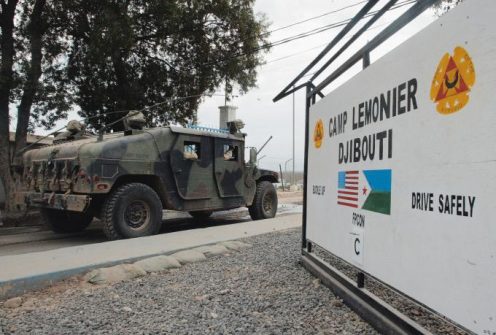
Djibouti. Camp Lemonnier is a strategic outpost for Africom, the US African Command. File swm
With the achievement of this agreement, Ethiopia would not need to invest in the redevelopment of an old port in Zeilah, in the northwestern tip of Somaliland, and above all, it could aspire to the construction of a military base about one hundred kilometres from the Djibouti border. The outpost would exacerbate tensions in an area of western Somaliland that has long been subject to a territorial dispute between the Issa communities (to which President Guelleh belongs) and the Gadabursis, with direct repercussions on the maintenance of security in Djibouti. After the diplomatic setback suffered, Guelleh ordered the withdrawal of the passports that had been issued to various members of the Somaliland government and called an extraordinary meeting of IGAD in Kampala, where on 18 January the principle of sovereignty and integrity was reaffirmed for the territory of Somalia.
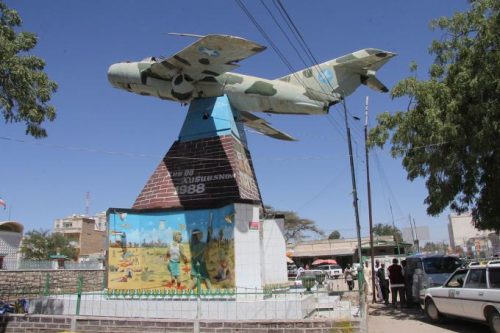
Hargeisa, Somaliland. Mikoyan-Gurevich MiG-17 at Freedom Square, Independence Avenue. A Soviet-built fighter plane used by the Somali Air Force in the 1988 bombardments of Hargeisa. CC BY-SA 2.0/ joepyrek.
Internal Tensions
In the most militarized state in the world, there is no shortage of internal tensions. At the end of December, clashes broke out between the Somali and Afar communities in the Warabaley neighbourhood, in the suburb of Balbala, southwest of the capital, with hundreds of people forced to abandon their homes that were set on fire and at least five people killed. A few weeks earlier, near Tadjourah, in the central part of the country, other clashes had occurred between members of the opposition party Front for the Restoration of Unity and Democracy and the security forces. (Open Photo: 123rf)
Rocco Bellantone



